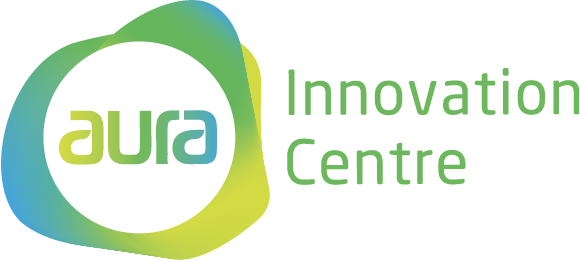Long Term Support for Survivors of Modern Slavery: The Importance of Modern Slavery Champions Within Organisations
The Wilberforce Institute, University of Hull in collaboration with the Humber Modern Slavery Partnership and national partners invite you to our upcoming free one-day conference ‘Long Term Support for Survivors of Modern Slavery – The Importance of Modern Slavery Champions Within Organisations’.
The Global Slavery Index estimates there are 40.3 million people trapped in some form of slavery around the globe today. In the UK, 12,727 people were officially identified as potential victims of modern slavery in 2021. Slavery and trafficking are crimes punishable by severe penalties, yet the problem remains and is growing.
Providing long term support to victims and survivors of slavery and trafficking is vital in helping people make lasting and meaningful recoveries, to avoid further trauma and re-exploitation, and in some cases support prosecutions against their exploiters. Access to support services for victims of slavery and trafficking in the UK is provided through the National Referral Mechanism. People who are referred into the National Referral Mechanism (NRM) are entitled to a range of support services such as accommodation, financial assistance, counselling, or help accessing legal advice. However, research shows us that there is a distinct lack of understanding of what support people need once they have exited this provision or indeed why they sometimes chose to decline any offer of support in the first place.
This one-day conference at the Aura Innovation Centre brings together new empirical research findings by leading academics, stories from survivors, and experts working in policing and victim support to explore and discuss the importance of having skilled professionals in key positions within organisations who can work with victims to improve their long-term outcomes.
Over the course of the day, you will hear from expert academic and professional speakers on their research findings and the real-world strategies they use to engage and safeguard victims, with a focus on agency and identity.
You will take part in interactive workshops, working with colleagues to discuss and develop new approaches you can apply in your own organisation. The day will end with a panel session giving you an opportunity to pose questions to our speakers.
